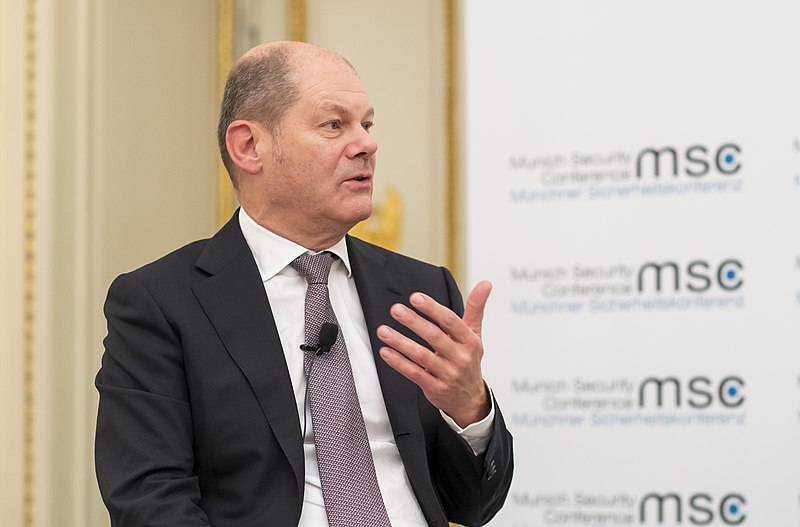
The collapsed German payment company Wirecard was able to fraudulently inflate sales and profits due to a failure by the German authorities. The responsibility for this lies with the German
Minister of Finance Olaf Scholz (S&D).
"The supervisory chaos reflects a lack of political leadership, but not a lack of political meddling. The European Securities and Markets Authority (ESMA) rightly criticises the lack of political independence of the German Federal Financial Supervisory Authority (BaFin) from the German Finance Ministry. Minister of Finance Olaf Scholz has to carry the can for this disaster that has caused significant collateral damage for the entire financial landscape in Germany", said Markus Ferber MEP, EPP Group Spokesman in the European Parliament's Economic and Monetary Affairs Committee.
Later today, representatives from ESMA will appear in front of Parliament's Economic and Monetary Affairs Committee to discuss the ESMA report on the Wirecard collapse, which was published on 3 November this year, with MEPs.
"ESMA’s report makes one thing very clear: there is a complete chaos of responsibilities between the German supervisory authorities and that has led to very ineffective supervision in the Wirecard case", Ferber said.
"Responsibility lies with the German authorities alone. This has been an idiosyncratic failure of one supervisor, not a systematic failure of European supervision or regulation. Calls for a European supervisor or for audit reform are therefore not the appropriate response to the Wirecard scandal. If the national competent authorities that do the day-to-day supervision fail so miserably, a European supervisor would not fare any better”, he concluded.
The Wirecard scandal began on 15 October 2019 when the British Financial Times (FT) published a story claiming to have evidence that the German payment processing company Wirecard - one of Europe’s few financial tech giants - fraudulently inflated sales and profits. A lot of reporting and investigation followed by the FT. On 18 June 2020, Ernst & Young - the auditors of Wirecard - warned that €1.9bn was missing from its accounts. Shares in Wirecard fell more than 60 percent following the announcement. On 25 June 2020, Wirecard filed for insolvency.
Photo by Preiss/ MSC, Wikimedia commons.








































